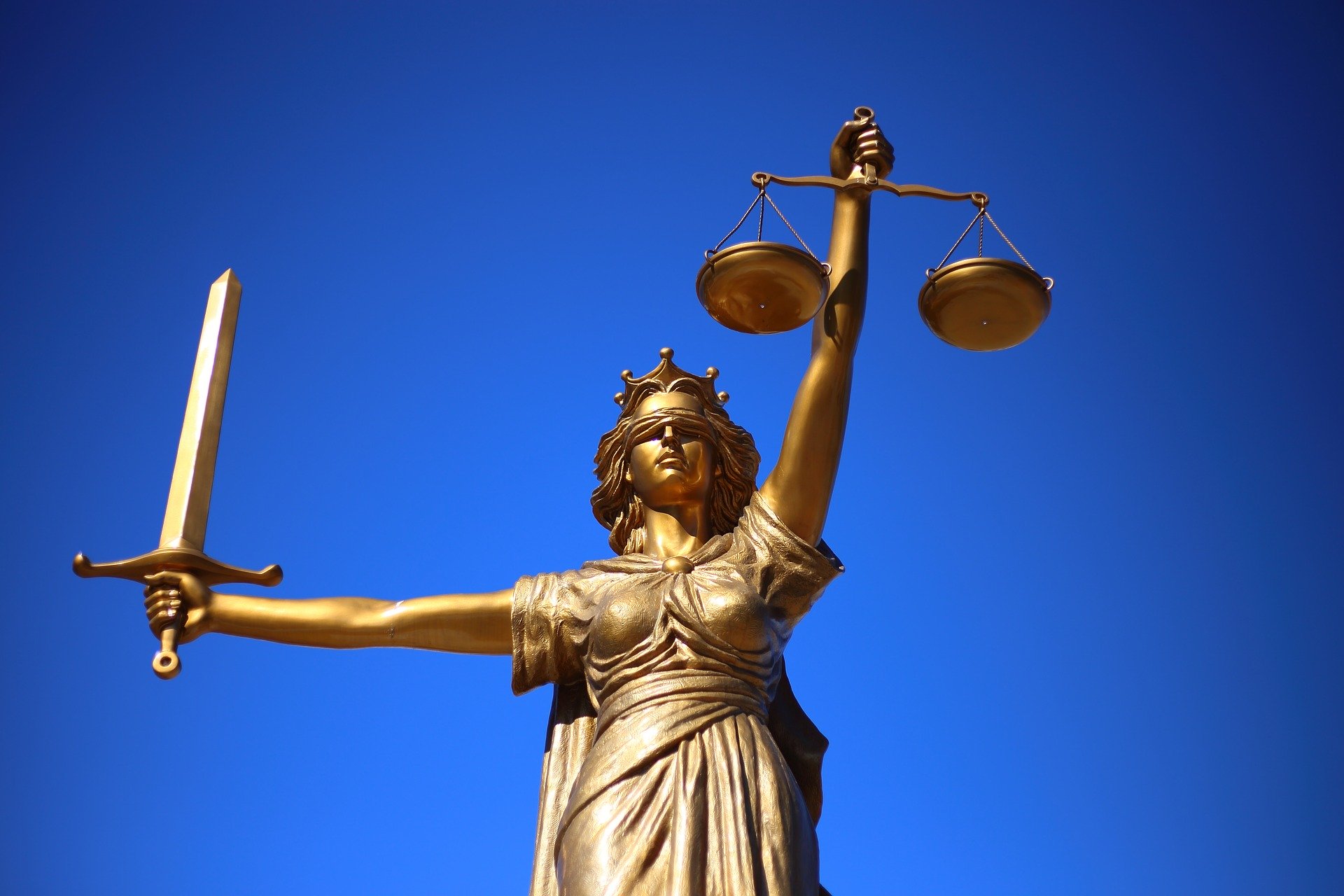
-
Russia just passed a crypto bill to finally provide crypto with a legal status,
but does not allow crypto as a payment method.
Russia passed a major bill today in relation to cryptocurrencies such as Bitcoin (BTC).
Local news agency Regnum reported on July 22 that Russia’s legislative body, The State Duma, passed a bill titled “On Digital Financial Assets” in its final third sitting.
With this bill being initiated 2018, Russian authorities have finally agreed cryptocurrencies are to be provided with a legal status, in preparation of passing the first major legislation for this industry.
The bill “On Digital Financial Assets,” or DFA, should become official in Russia on Jan. 1, 2021, following the latest Duma’s decision. Digital assets will be provided with a legal definition and cryptocurrency trading will be legitimized in Russia. Even so, the bill still bans the use of cryptocurrencies, such as Bitcoin, as a payment method.
The actual regulation is to be addressed in another bill As the DFA bill will provide Russia with the foundation for cryptocurrency legislation, the regulation of the industry is going to be the topic of yet another bill. It is stated in the latest report that the regulatory framework for crypto to be used as a payment method will be proposed in the bill “On Digital Currency,” or DA. The Duma expects bring up the DA bill for consideration during the autumn session, which will end in late December.
Some players in the industry confidently state that this latest DFA bill has not given crypto a clearance in Russia. The head of business development at crypto exchange EXMO, Maria Stankevich, reportedly stated that "The DFA bill should be regarded as a “glossary” to crypto," while the DA bill may eventually “come as a surprise,” as it is still being discussed by Russian authorities.
The new legislation might allow Russians to issue stablecoins
A major figure behind Russia’s crypto legislation and a member of the State Duma, Anatoly Aksakov, reportedly said that this new legislation should allow the issuing of stablecoins by local firms — regarded as a “stable” type of cryptocurrency that is often tied to fiat currencies like USD.
According to the officials, Russian firms and individuals will be able to launch these coins as well as exchange them for other assets which include digital assets that were issued abroad.
The Bank of Russia, Russia's central bank, will be a major regulator for the industry
The Bank of Russia will be officially authorized to oversee the activity involving issuance of digital currencies in the country, which is included in the new legislation. In addition to oversight, the bank will reportedly be able to impose additional requirements to crypto issuers as well as cryptocurrency exchanges. Russia’s central bank will also btasked with providing a framework on what types of digital and crypto-currencies will be able to be purchased by qualified and unqualified investors.
Stay tuned!
Aleksandar JELIC